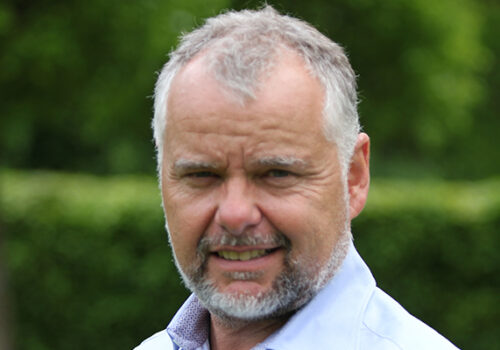Ultimovacs has completed treatment of three patients at the highest dose cohort in the phase I TENDU trial without any safety concerns.
Based on these results, the company plans to enroll up to three additional patients at the highest dose level, it states.
“We are very encouraged by the continuing progress of the phase I safety evaluation of the TET platform. With no safety concerns at any dose, we have decided to enroll up to three additional patients at the highest dose level, providing extended data from TENDU on the safety and tolerability of TET for prostate cancer patients,” says Jens Bjørheim, Chief Medical Officer of Ultimovacs. “The data from TENDU, in turn, may provide insights that are useful in Ultimovacs’ broader plans for the development of the TET platform.”
The TENDU study at the TET platform
The Drug Safety Monitoring Board, a group of experts set up to monitor patient safety during a clinical trial, found no safety concerns in any of the three dose cohorts. A total of nine patients have now been treated; three at each dose level (40 mcg, 400 mcg and 960 mcg). Ultimovacs plans to enroll up to three additional patients at the highest dose level (960 mcg) providing a broader base of early safety data for the TET platform.
The TET platform allows for the design and production of multiple therapeutic cancer vaccines. It can potentially be used to strengthen and increase T cell responses to cancer cells by targeting antigens that are specific to one type of cancer or common to many tumor types. The vaccine used in the TENDU study contains prostate cancer-specific antigens. By combining cancer antigens and the vaccine adjuvant in the same molecule, the TET platform can generate vaccine candidates with a potential beneficial safety and administration profile, including presenting an opportunity to treat patients at an earlier stage of their disease.
The TENDU study is a first-in-human, dose-escalation study designed to generate initial safety and immune activation data. This study is investigating a prostate cancer-specific therapeutic TET-based vaccine in patients who have relapsed following radical prostatectomy.
Photo of Jens Bjørheim: Ultimovacs







